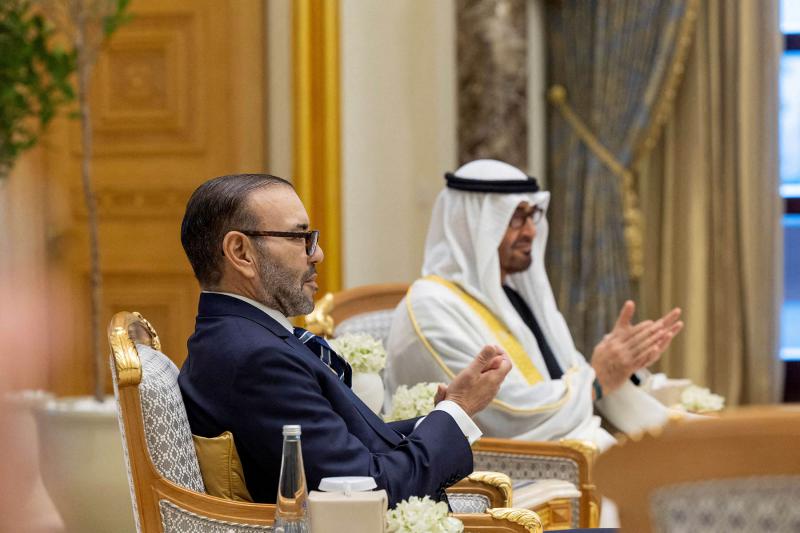
UAE Joins Nigeria-Morocco Gas Pipeline to Transform African Energy Landscape

A monumental step forward in African energy development has been announced with the United Arab Emirates (UAE) committing $25 billion to the Nigeria-Morocco gas pipeline project.
This ambitious initiative, which aims to connect Nigeria’s vast gas reserves to European markets through Morocco, is poised to reshape the energy dynamics of the region.
The pipeline, stretching an impressive 5,660 kilometers, will traverse 13 coastal African nations, making it the world’s longest offshore pipeline and the second-longest globally when completed.
The project, initially agreed upon by Nigeria and Morocco in 2016, is now gaining significant momentum with this major financial backing from the UAE, alongside contributions from other global players like the United States, the European Investment Bank (EIB), the Islamic Development Bank (IDB), and the OPEC Fund.
Morocco’s Minister of Energy Transition, Leila Benali, recently shared this development with the country’s parliament, emphasizing the strategic importance of the pipeline.
The infrastructure will not only diversify gas export routes but also reduce gas flaring, a persistent environmental issue in Nigeria. For Morocco, the pipeline offers a chance to solidify its position as a renewable energy hub in the region, with 1,672 km of the pipeline running through its territory.
The project aligns with broader goals of enhancing energy security for Europe, which has been seeking alternative gas sources since reducing reliance on Russian imports.
The Chinese company Jingye Steel has been contracted to supply the pipes, and Morocco has already completed the feasibility and engineering studies, setting a clear path toward the pipeline’s anticipated completion by 2046.
However, the announcement has sparked mixed reactions on social media platforms like X, where users have raised valid concerns.
Some worry about Nigeria’s history of corruption potentially derailing the project, with fears that funds could be mismanaged despite the Moroccan government’s involvement.
Others highlight the economic implications, noting that the need to import most raw materials for the pipeline could exacerbate inflation in Nigeria, limiting the project’s benefits for local communities.
There are also geopolitical concerns, such as whether countries like Niger will permit the pipeline to pass through their territories.
Despite these challenges, the Nigeria-Morocco gas pipeline represents a transformative opportunity for West Africa to strengthen its role in the global energy market, fostering economic growth and energy collaboration across continents.


